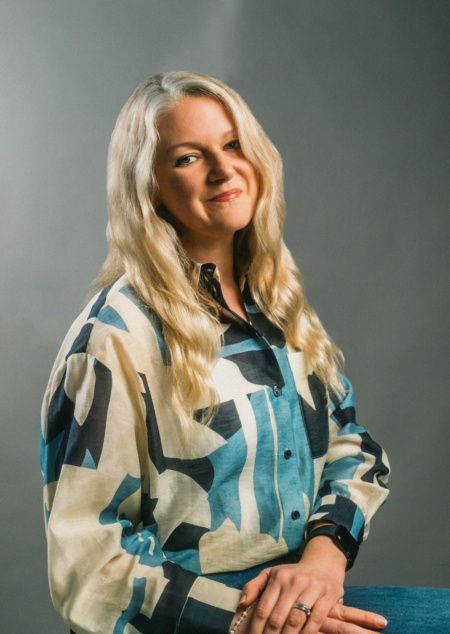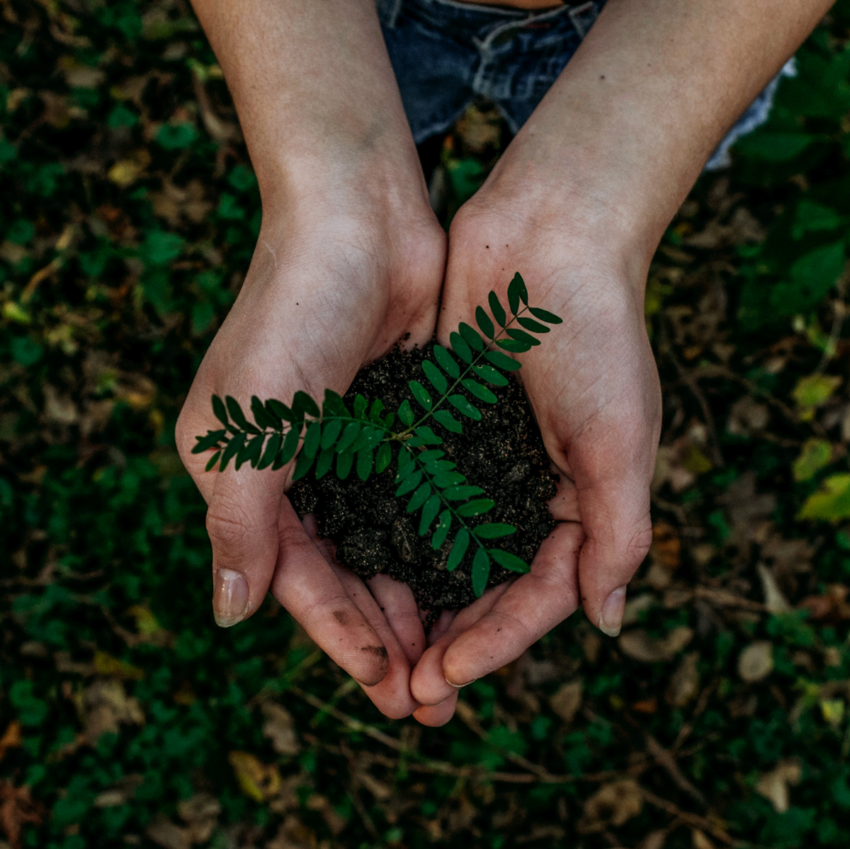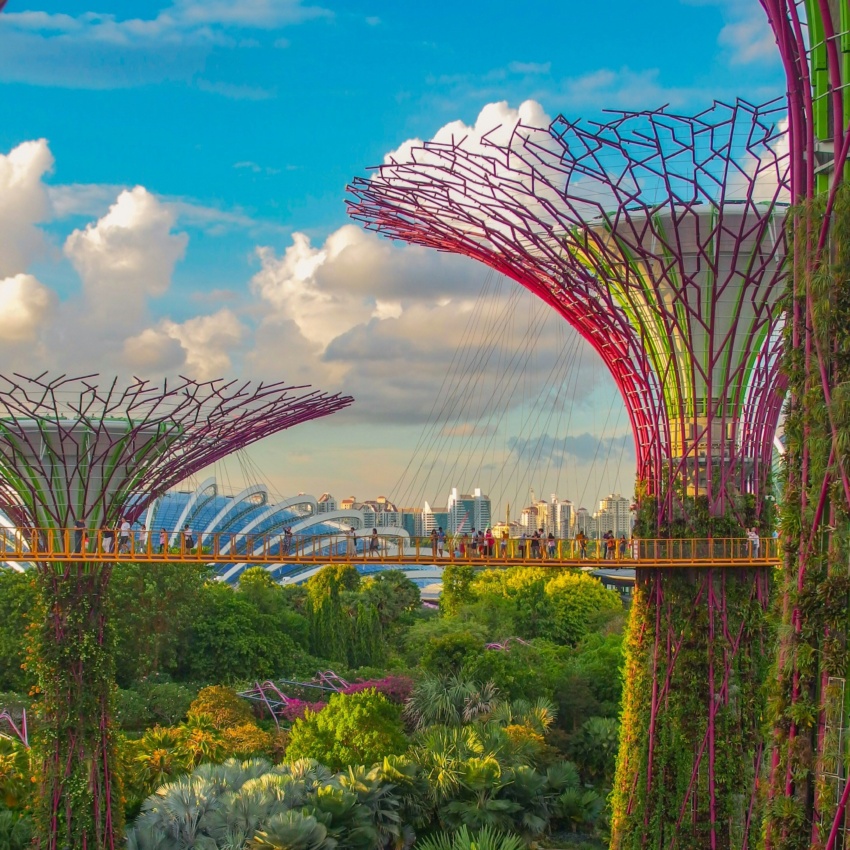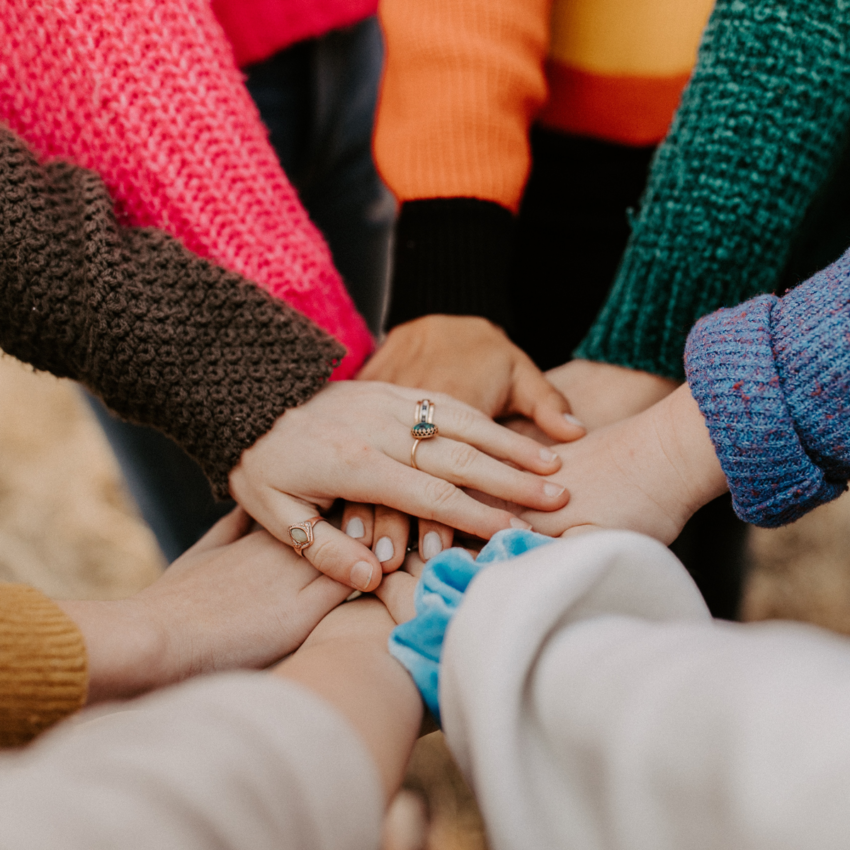How can nature inspire event professionals to go green?
As a global events industry, there’s so much we can learn from nature to help us thrive in the coming months. Let’s embrace circular design thinking and understand the synergy between our actions and our environment. Together, we can work towards a more sustainable, equitable future for all…
We’ve condensed the experiences and insights of experts.
Daniel Fox, Co-Founder, Executive Producer at FUTURE of SPACE, Courtney Lohmann, Founder of Courtney Lohmann Consulting LLC; Yalmaz Siddiqui, Vice President, Environmental Sustainability of The Walt Disney Company; Mariela McIlwraith, Chief Sustainability Officer at Events Industry Council; Guy Bigwood, CEO and Chief Changemaker at Global Destination Sustainability Movement; Janet Sperstad, faculty at Madison Area Technical College all contribute to a Quick guide to nature.
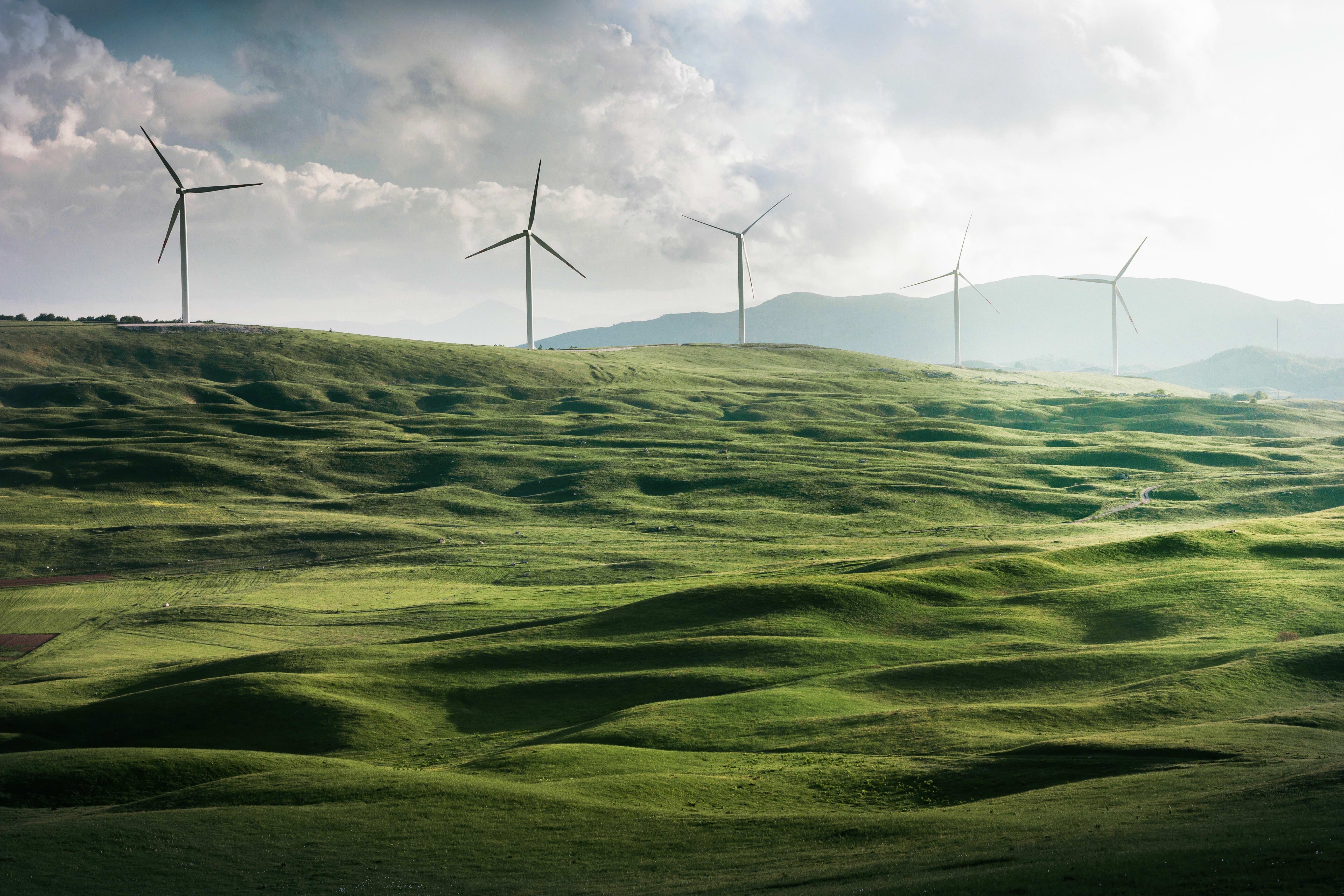
Experience it – what can nature teach us about ourselves?
Daniel Fox believes nature is so much more than a place – or a separate entity. We are nature and we have a responsibility to it just as we do ourselves.
Welcome chaos. There’s a beautiful, constructive chaos in nature that has the power to nurture, awaken, transcend, uplift and restore the human spirit. Life isn’t meant to be perfect or fair – just like nature.
Expect and prepare for transformation. Daniel encourages us to flow with the rhythm of life, just like the ocean tides. Things come and go, and what makes us great today can be a challenge tomorrow. Embrace it.
Our relationship with nature is symbiotic. We can’t take from the world all the time – we must find a way to give back to accommodate our desire to travel. Explore technologies to minimize our impact.
Embrace disruptions. Nature is meant to be experienced, so we can learn, grow, evolve and become better citizens of this planet. The unpredictability of it is what makes life worth living.
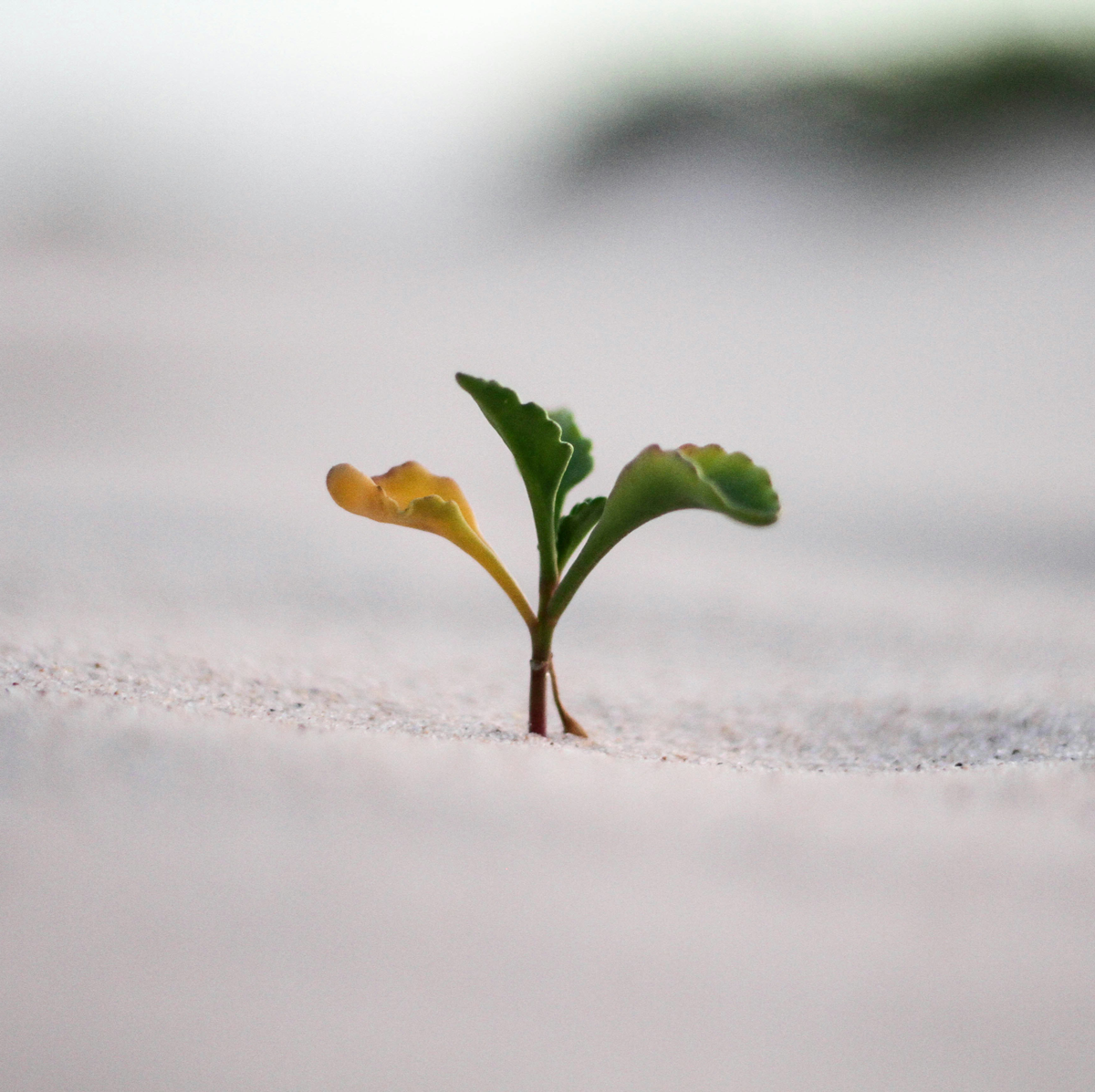
Protect it – how can we be more sustainable?
The UN Sustainable Development Goals (SDGs) are a set of goals the UN wants to achieve in the world by 2030. This framework can be applied to your events to ensure they have a positive impact. Although environmental impact is a large factor in the goals, they address social issues across the board such as providing education, ending human trafficking and preventing the spread of disease.
The panel explored three goals, including preventing the spread of infectious diseases and inclusivity, and Yalmaz Siddiqui tackling the goal of zero hunger, with the target to reduce food waste.
Making waste useful. Yalmaz recommends planning for the optimal amount of food at your event with minimal wastage, but experience tells us you can only plan so well… There will always be waste, so ask your suppliers what they can do to make it useful – for example, giving to food banks or using a donation program.
Although donating food comes with complications, it is possible as shown in MGMs food donation program. The driving force behind establishing this program was pressure from event planners. YOU can influence change!
Did you know that reducing food waste is one of the most powerful solutions to reducing climate change? By taking small steps in our events, we can have a huge impact on the world.
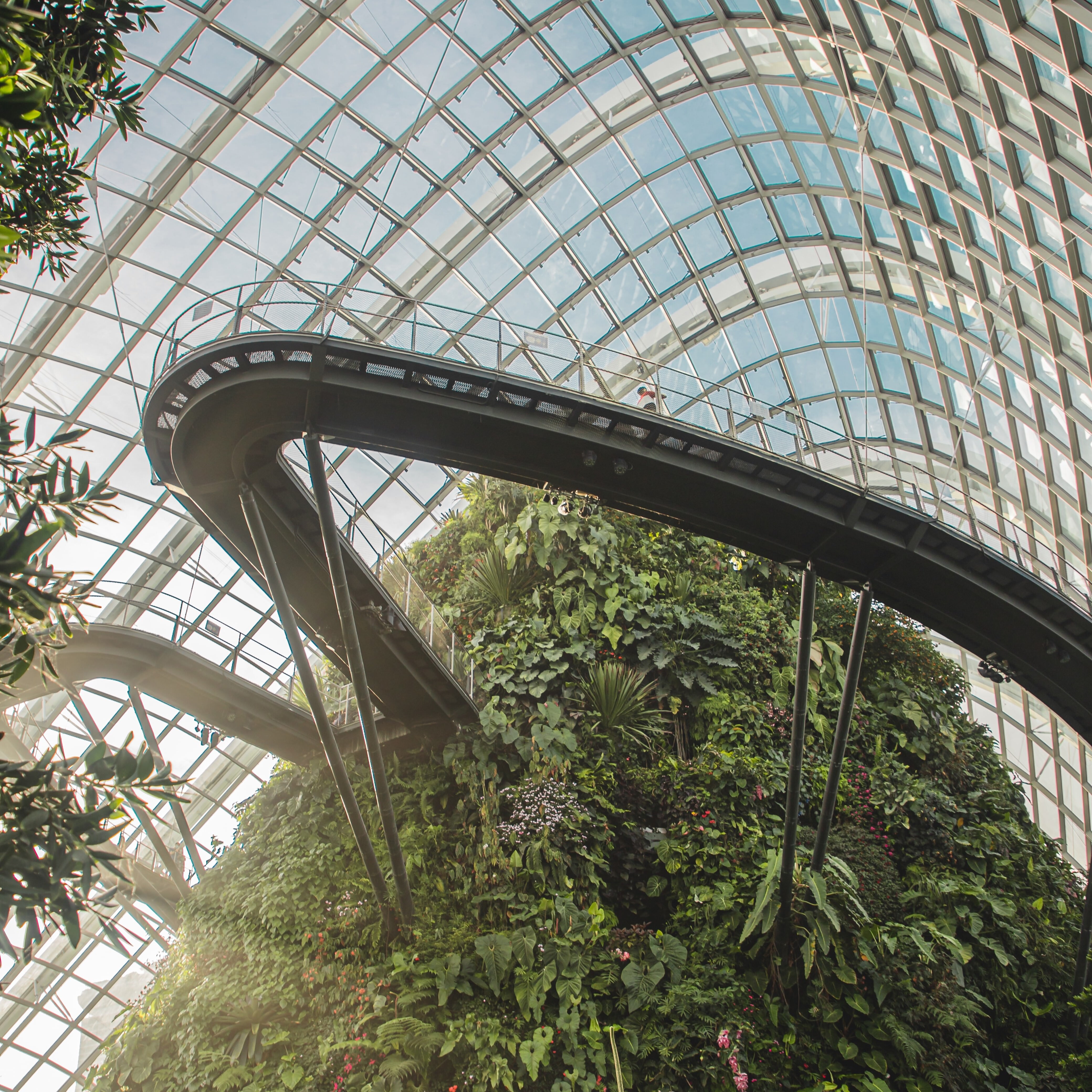
Regenerate it – how can we build back better?
Historically, in our industry we’ve talked about sustainability as environmental practices on an individual level. The circular economy brings in new ideas for how to create differently by working from the top-down – asking policy holders, regulators and business leaders to be a part of this closed-loop system.
Our collective past perfected a linear economic model of event management that focuses on take, make, use, and dispose. The circular economy model sees the goods of today become the resources of tomorrow. The extraction of raw materials and the production of waste can be drastically reduced by recovering, repairing, remaking, reusing, and recycling.
Accenture calculates that the circular economy is the world’s largest opportunity, with potential to unlock $4.5 trillion in growth. While sustainability and the economy are often seen in opposition to each other, the circular economy marries the two in harmony.
While traditional models of sustainability focus on making things ‘less bad’, such as recycling unsustainable materials already in use, the circular economy removes waste from the equation. Guy uses the example of a tradeshow booth. You could choose suppliers from underserved communities, use sustainable material, use the booth at an exhibition and then donate it for a new life elsewhere – not just landfill.
Guy and Janet advocate for event planners to ‘build back better’. With just ten years to turn the climate crisis around, this ‘downtime’ is a chance for us to figure out new ways of doing things, rather than return to the ‘old normal’. Nature can be our guide
